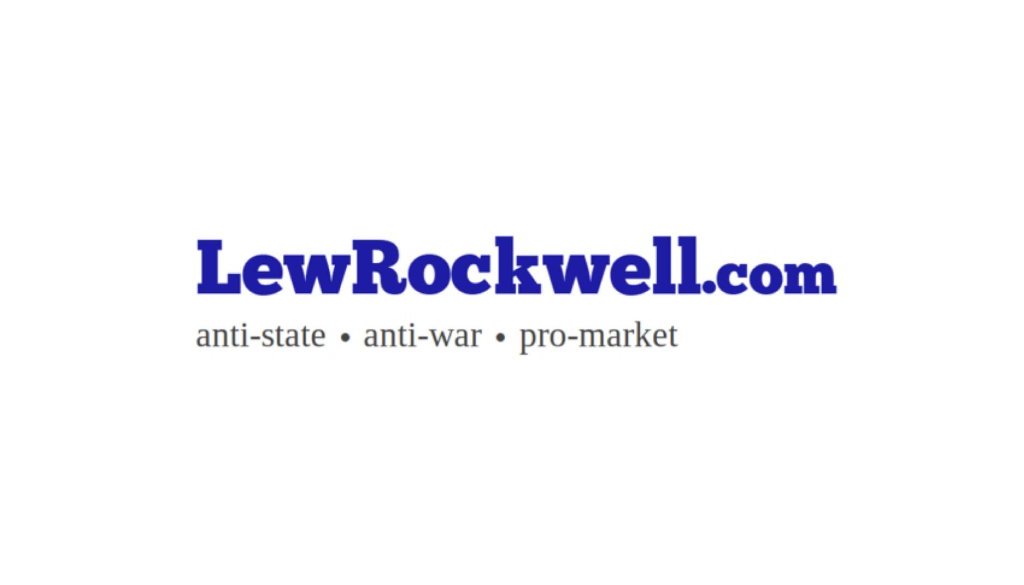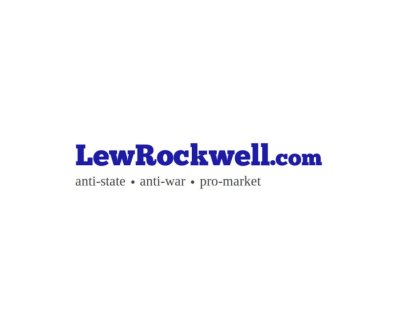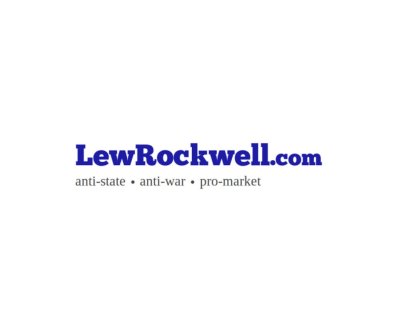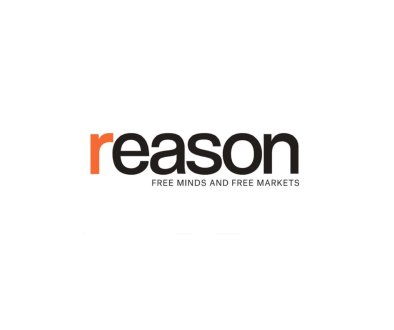The Smart Money Wants Gold
On Friday’s episode of the Peter Schiff Show, Peter picks up where he last left off– President Trump’s wild trade policy. He touches on everything from tariff threats and the Fed’s inability to combat stagflation, to the dubious nature of job data and the absurdity of a U.S. sovereign wealth fund—all while warning investors about the dangers of missing out on a gold rally.
Peter starts by summarizing recent trade negotiations and tariff reprieves, point out that all of this uncertainty was counterproductive and unnecessary from the start:
Trump could have made those phone calls in private. He could have basically said, ‘Hey, you need to bring more troops down to the border. And if you don’t do that, we’re gonna have these tariffs.’ And that all could have been negotiated quietly and nobody would have known. But I think Trump wanted to get that threat out there to be the tough guy and to show, hey, look, I threatened these tariffs and look what we got. We got these great concessions. Again, he could have threatened it privately and not publicly, but I also think more important, it was kind of like a trial balloon to see how the markets would react.
He clarifies his position on tariffs. Peter’s not against tariffs per se, but he criticizes the rhetorical bait-and-switch that pro-tariff politicians use to garner support:
People say, ‘Hey, Peter, why are you criticizing these tariffs? Don’t you prefer tariffs to income taxes?’ And I do. I’m criticizing the way the tariffs are being portrayed and what their impact is gonna be because they’re being portrayed as a tax on Canada and Mexico. It’s not, it’s a tax on Americans who buy Mexican and Canadian go
Article from LewRockwell

LewRockwell.com is a libertarian website that publishes articles, essays, and blog posts advocating for minimal government, free markets, and individual liberty. The site was founded by Lew Rockwell, an American libertarian political commentator, activist, and former congressional staffer. The website often features content that is critical of mainstream politics, state intervention, and foreign policy, among other topics. It is a platform frequently used to disseminate Austrian economics, a school of economic thought that is popular among some libertarians.




